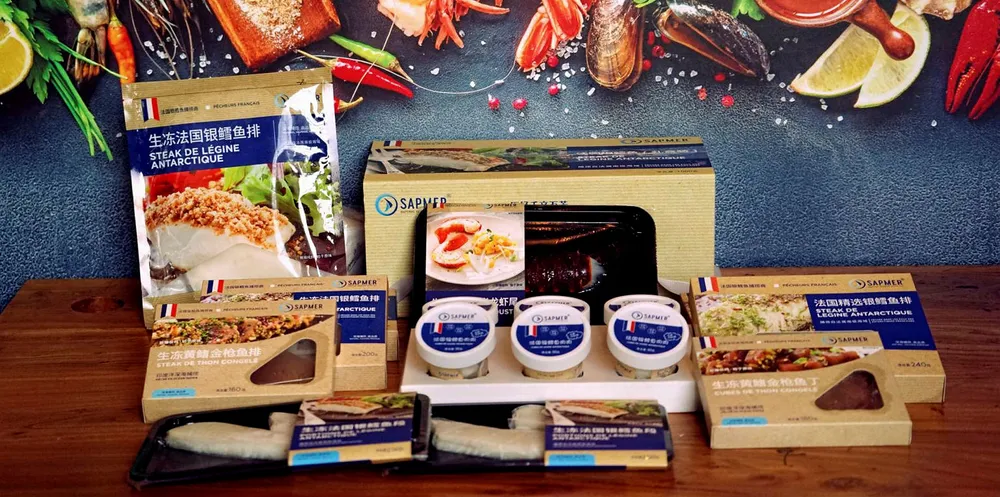Are China's online seafood sales immune to coronavirus?
Amid the outbreak customers are, for now, more inclined to shop online, but logistical challenges also come into play for all channels.

Amid the outbreak customers are, for now, more inclined to shop online, but logistical challenges also come into play for all channels.
